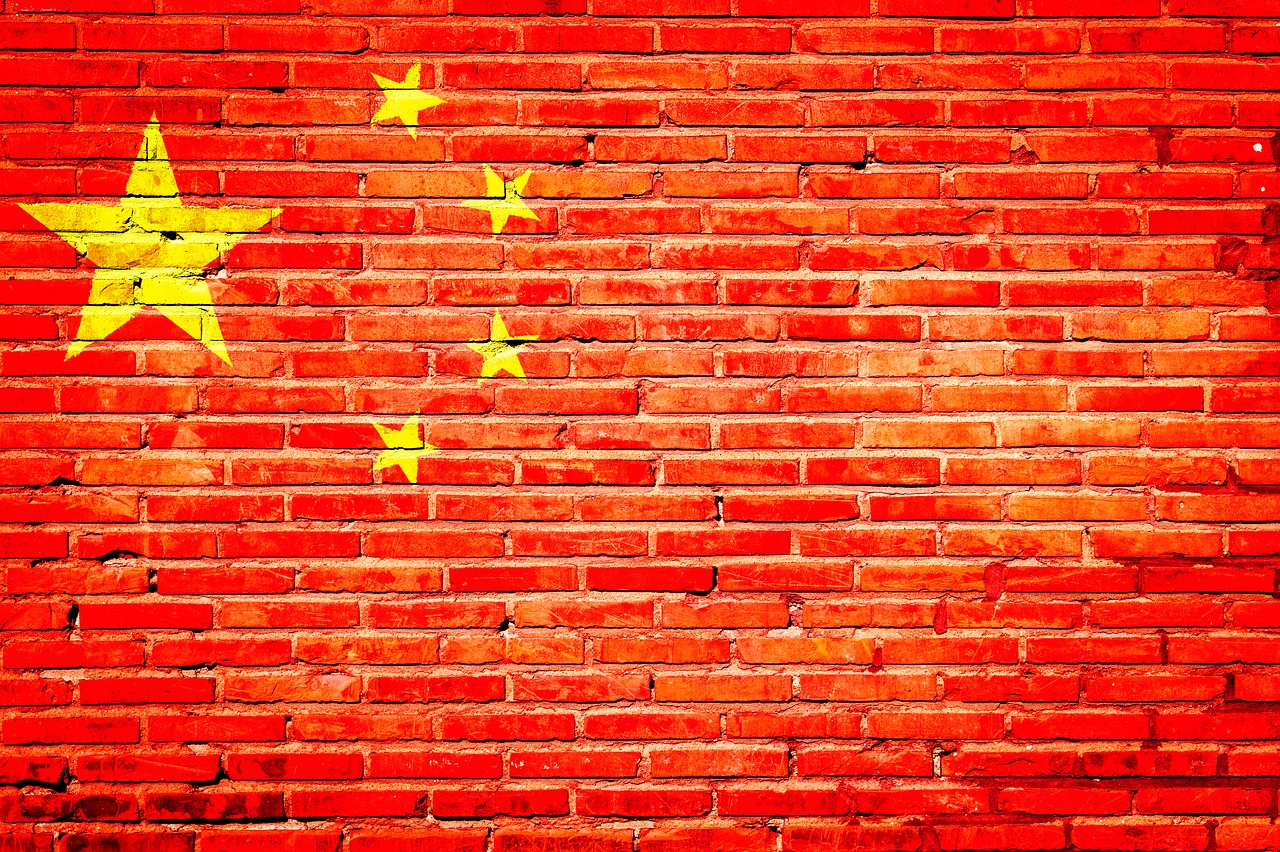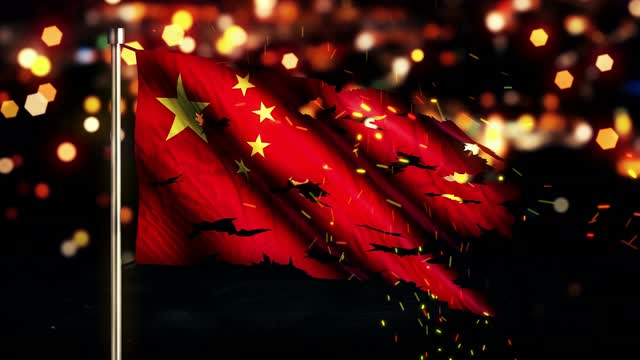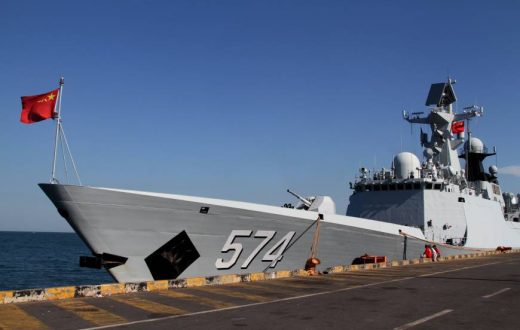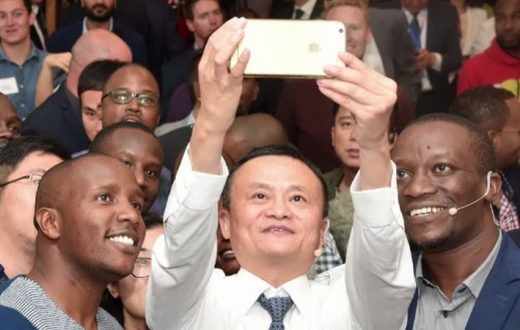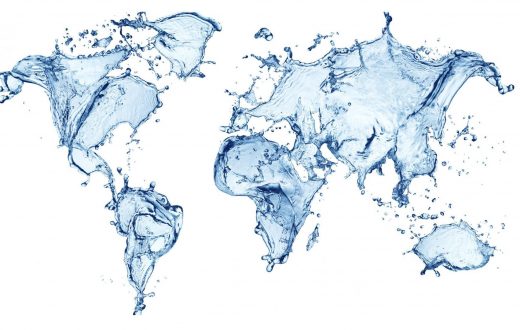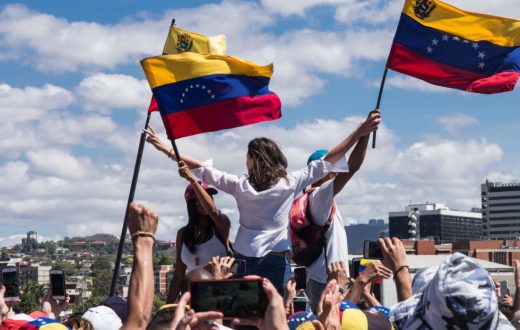This March, removal of the two-term limit on the presidency was approved in the annual sitting of the National People’s Congress of China paving the way for President Xi Jinping to be the lifetime president. President Xi has been enjoying the position of power in the same way it was enjoyed by the Chairman Mao Zedong until 1976. However, removal of two-term limit gave president Xi central authority to continue his policies beyond 2023 which would have marked the end of his second term. Lifetime presidency, nonetheless, can be termed as a de facto monarchy as per the political science paradigm. Thus, this historical approval can be termed as the return of one man rule in China.
China’s recent Past of One Man Rule:
After the Chinese Civil War (1949), Mao Zedong asserted the foundation of People’s Republic of China on October 1, 1949. He became Chairman of the Communist Party of China in 1942 and held the position until his death in 1976. China was under one-man rule from 1949 to 1976. During that period, Chairman Mao held the central administrative as well symbolic authority over China. This two-term limit was enacted in 1982 under the rule of Deng Xiaoping who not only made political reforms in China but also liberalized Chinese economy.
Contemporary Wave of One Man Rule:
It would not be wrong to say that the current era of international politics is faced with the wave of one man rule. Vladimir Putin is ruling Russia since 2000 and he was elected again on March 18 Russian elections, Turkey is under Recep Tayyib Erdogan rule since 2003 and Erdogan has strengthened his grip after 2016 failed coup attempt and Angela Merkel has become German Chancellor for the fourth time (chosen democratically though). However, all these rulers are backed by their respective constitutions. China has joined the club with the abolishing of the two-term limit on the presidency and became of the part of the contemporary wave of one man rule. Monarchies are deliberately not discussed here.
Need for Return of One Man Rule in China:
Some analysts believe that China returned to one man rule to pose a challenge to the American leadership in the world. This may not be an explicit motive behind the return as China has been overtly claiming that it would not seek hegemony since former President Hu Jintao’s era. However, under Trump’s ‘America First’ policy, China needs to fill the gap. For that, one man with the authoritative position has to take the stand. Moreover, China needs Xi Jinping to materialize Xi’s ‘National Rejuvenation’ program and the ‘Road and Belt Initiative’ which he termed project of the Century. Additionally, in today’s geopolitics, countries are directing power in one hand and their leaders have assumed offices without any intention to leave. What matters to them is quality, not quantity. Similarly, China has followed to concentrate power in one man’s hand.
Conclusion:
No one knows what this return of one man rule will bring for China and for the world in general in the future. However, in a trumped world, China needs to strengthen its position regarding long-term projects like the Belt and Road Initiative under the man who penned them. Return of one rule should not be surprising in the realist world where a president of a superpower terms global warming a hoax. States behave in their national interests and they would take all measures to secure their national interests. China did the same irrespective of how the world, especially western democracies (which are moving from liberal to illiberal democracies themselves), would perceive it. As former American Ambassador to China, Gary Faye Locke said about China,
“China’s history is marked by thousands of years of world-changing innovations: from the compass and gunpowder to acupuncture and the printing press. No one should be surprised that China has re-emerged as an economic superpower.”
In the same passion, no one should be surprised the day China would emerge as a superpower in all aspects for which China is on its way under President Xi Jinping.
Muhammad Murad has been writing for different magazines and blogs since 2011. He initially started writing on social issues of Pakistan and later on, he began writing on internal and external issues related to Pakistan. Currently, he is Young Diplomats’ ambassador in Pakistan. He believes in a peaceful liberal democratic world away from war and conflict which would be possible by the power of the pen, not the gun. Muhammad is a business graduate turned social scientist and aspires to be a writer.

